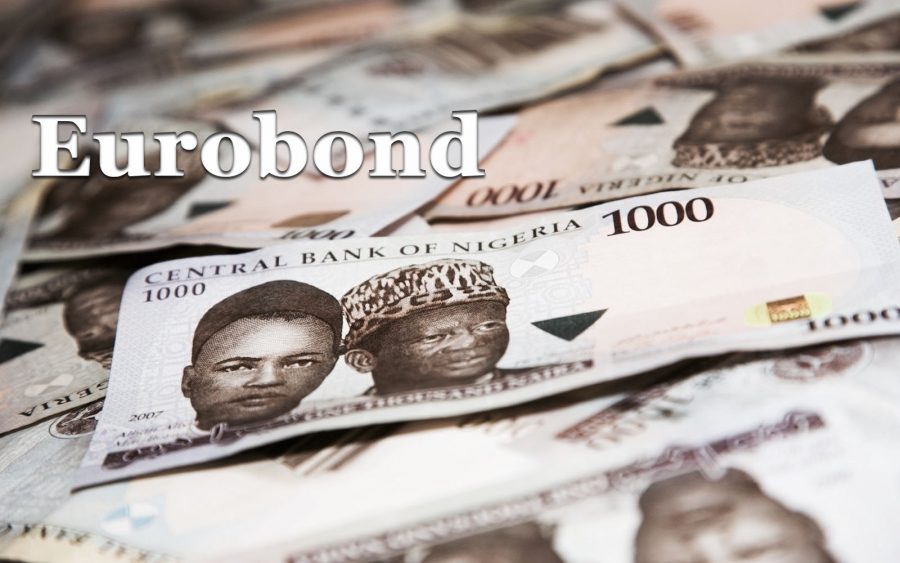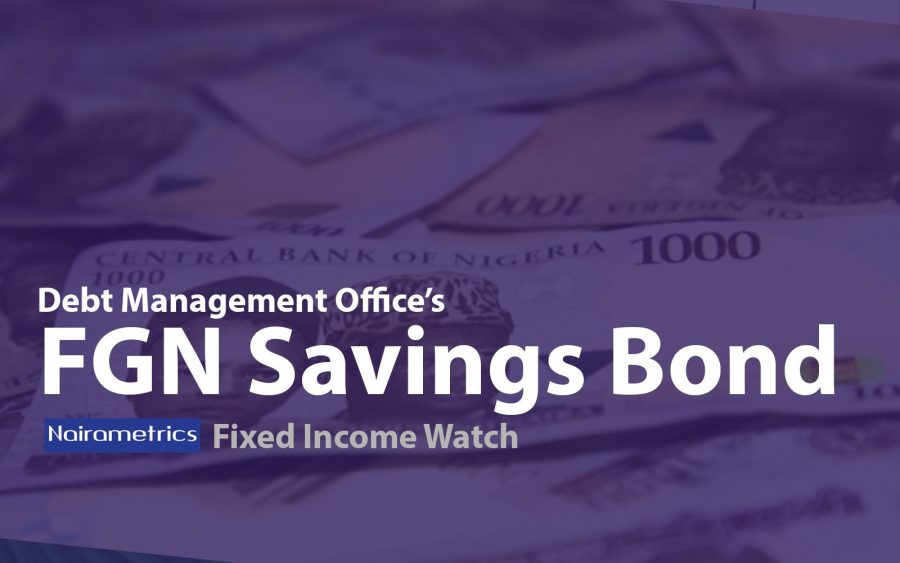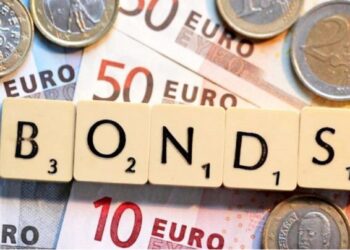Going by the over subscriptions that followed each of the eurobonds issued in Nigeria by both the Federal Government and corporate organisations, one may not be wrong to say that eurobonds seem to have become a household name and a darling of bond investors in Nigeria and those that want to take advantage of the relatively high yield environment in Nigeria.
Even those who are not yet participating in the eurobonds in Nigeria are wondering what they are and how they can join the band wagon of eurobond investors. It is the above that forms the premise of this article.
Simply put, eurobonds are bonds that are denominated in a currency other than that of the issuer.
In the case of FGN 6.75% US$500 million January 2021 eurobond, for example, it is a bond issued by the Federal Government of Nigeria in Nigeria but denominated in US Dollars. Those who buy it, buy in Dollars and the interest and principal repayment are conducted in US Dollars.
As can be noted from the above example, eurobonds are not necessarily denominated in Euros as the name implies. Actually, bonds denominated in US Dollars are better known as Eurodollar bonds, while those denominated in Japanese Yen are called euroyen bonds, but eurobonds have come to be generally associated with bonds denominated in currencies other than that of the issuer.
[Read Also: How Diaspora Bonds Work and Benefits]
Are eurobonds foreign bonds?
To avoid confusion, there may be need to differentiate between eurobonds and foreign bonds in that eurobonds differ from foreign bonds. A foreign bond is a bond issued by a foreign borrower in another country’s domestic bond market and denominated in the issuer’s country’s currency. Examples of foreign bonds are what have been known by their nick names in the international bond market as, Yankee bonds which are foreign bonds issued in the US; Samurai bonds which are foreign bonds issued in Japan; Bulldog bonds, foreign bonds issued in London while Rembrandt bonds are foreign bonds issued in the Netherlands.
The question then is, if eurobonds differ from foreign bonds, why not issue foreign bonds rather than eurobonds?
The major reason why governments and corporates choose to issue eurobonds rather than foreign bonds is that eurobonds do not face as much regulatory requirements as foreign bonds. For example, foreign bonds require that they be underwritten by domestic financial syndicates in keeping with local regulations but most eurobonds don’t. So, this regulatory flexibility makes it easier and enticing to issue eurobonds instead.
How to Invest In eurobonds
The process of investing in eurobonds in Nigeria does not differ from that of ordinary bond. Basically, FGN bonds and indeed, FGN eurobonds can be bought at the primary market at the initial offer level or at the secondary market for an existing bond. The process entails completing the Tender for Federal Government of Nigeria Bonds’ form, submitting same through any of the authorised dealers and making the required payment when bid is successful.
Before you buy
Like every other investment, buying eurobonds should be a well thought out process and not just a means to join the jones or jump into the band wagon of eurobond investors. It is advisable to review and understand the risk profile of any eurobond that you are interested in buying.
[Read Also:Difference Between Coupon And Yield]
Government or Corporate eurobonds?
Given that eurobonds come as government and corporates, as a prospective investor, you have to decide whether to buy FGN eurobonds (government) or Seplat eurobond (corporate). Corporate issued eurobonds may offer higher interest than government issued ones, but they also offer higher risk.
Invest According to Your Risk Appetite
Given that different bonds, in this case eurobonds, have different risks characteristics, just like different investors have different risk appetite and tolerance, a prospective buyer of eurobond should weigh the risk characteristics of the eurobonds in relation to the amount of risk he or she is willing to stomach. Most eurobonds come with credit ratings, which act as a measure of their quality and risk profile. An AA rated bond is of higher quality than A rated bond. An AA rated bond, in all intents and purposes, offers more security and stability and , therefore, pays lower interest than an A rated bond. So, pay attention to the credit rating of the issuer and the bond itself as well as the credibility of the rating agency giving the rating.
Having done your homework as noted above, it is time to select which eurobond to buy, if more than one is on offer, and then, the next step is to select which broker to buy it through.
Usually, when bond issues open as primary issues, the relevant document contains a list of the banks or brokers that have been contracted to sell the bonds. In Nigeria, FGN issued bonds are purchased via Primary Dealer Market Makers (PDMMs). They are banks appointed by the Debt Management Office of Nigeria, (DMO), to act as authorised dealers in FGN bonds. Each of them have their operational strengths and weakness like their turn around time, their responsiveness to clients, their client service excellence and so on.
[Read Also: Foreign companies are threatening to leave Nigeria]
The banks/brokers may differ in their commissions and other charges as well; so, pay attention to that as you evaluate which one to put your deal through. Doing some research on some of the brokers/banks, if you have not dealt with them before, will be helpful in selecting which one to use for your bond trade.
Having selected the broker/bank, it is time to complete the required purchase order forms and instructions on what account to debit for the purchase.
The last process then is waiting and getting a confirmation from your bank/broker that your purchase has been successful.
Advantages of eurobonds
Eurobonds present advantages to both the issuers and investors alike. By issuing eurobonds, government and corporate issuers get access to international markets that would not ordinarily have been accessible.
It also helps corporate issuers especially, to manage their balance sheet in that it allows them to obtain funds in foreign currency which helps them create foreign currency denominated liability that could be used to match their foreign currency denominated assets.
[Read Also: Ecobank raises $450 million through bond offering]
Eurobonds present investors with the benefit or possibility of achieving a higher yield on investments, although with yield in Nigeria being so high in relation to other countries, this advantage stands to be proven.
There are disadvantages that go with eurobonds, the major of which is foreign exchange risk.





















How foreign exchange a risk?
Considering the fact our current inflation rate is a little over 11%, it seems better to invest in a foreign currency like dollars rather than naira.
Thank you, sir for this insightful article.
Are bonds (any and every type) taxable?
Insightful, I would love to invest in it but the fear on how to find an expressive bank is a Herculean task. Most just want ones chicken change but won’t want to divulge the necessary info. It’s annoying.